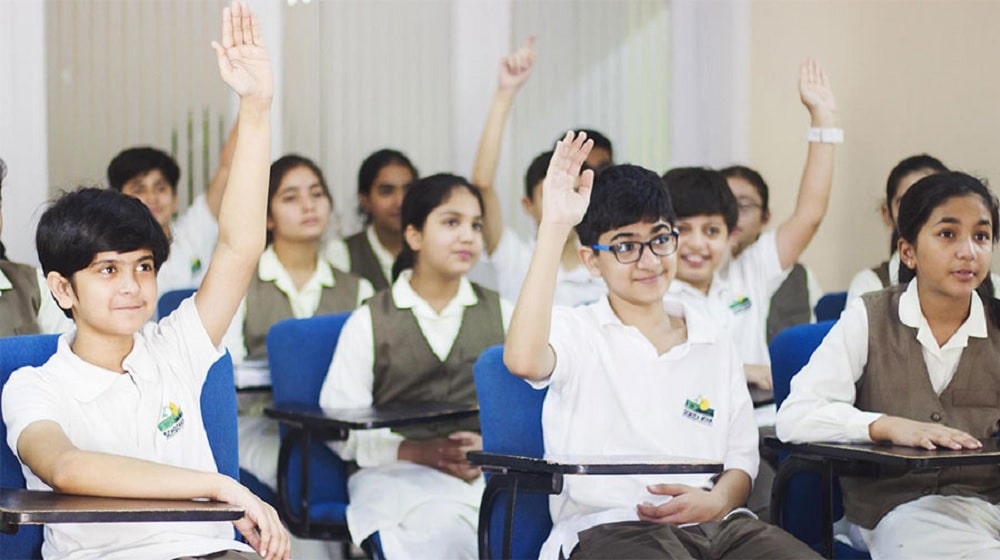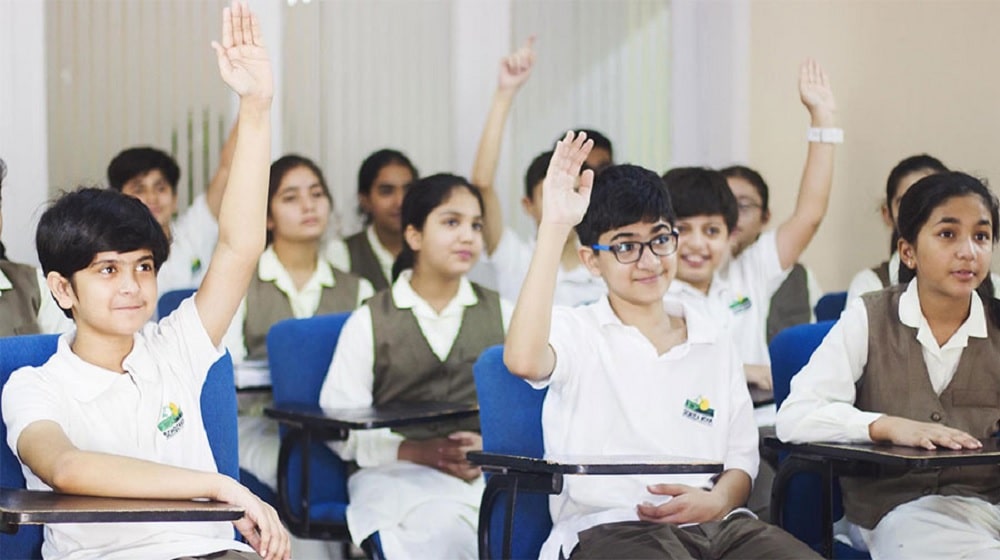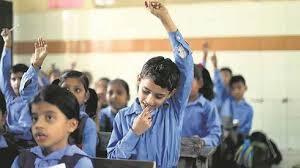
In Rawalpindi and Islamabad, a growing number of concerned parents are calling upon Prime Minister Shahbaz Sharif and Punjab Chief Minister Maryam Nawaz to take immediate action in regulating the fee structures of private educational institutions. With mounting financial burdens and a lack of effective oversight, families feel increasingly exploited by the very schools meant to provide their children with a better future.

Soaring School Fees: A Crisis for Middle-Income Families
The cost of enrolling children in private schools has reached alarming levels, making quality education inaccessible for many middle-class households. Parents report a variety of charges—ranging from admission and security fees to tuition, lab, examination, health, and maintenance fees. Some institutions even charge for ID cards and grade-level transitions.
A parent shared, “Some schools may waive admission fees, but their monthly dues are shockingly high.” This pattern has made private schooling nearly impossible for average earners, pushing families to the edge.
Lack of Government Oversight Worsening the Situation
At the heart of the issue lies a regulatory vacuum. Parents blame the government’s failure to enforce existing laws or introduce new regulations that cap fee hikes and bring transparency to billing practices. In the absence of intervention, private schools are allegedly operating unchecked, acting like cartels and imposing arbitrary charges on vulnerable families.
The Private Educational Institutions Regulatory Authority (PEIRA) and the Capital Administration and Development Division (CADD), which are tasked with overseeing private schools in the capital, have been criticized for inaction. Complaints lodged with these authorities have yielded little to no result, further eroding public trust.
Parents Speak Out: “We Are Treated Like ATMs”
Tasleem Satti, whose daughter attends a private school, expressed frustration over the coercive practices surrounding the purchase of uniforms and books. “Parents are treated like ATMs,” she said. “We are forced to buy expensive uniforms and school supplies from school-designated vendors, with no freedom to choose affordable alternatives.”
Another parent, Asma Saeed, echoed these sentiments, accusing school owners of operating monopolistically. She criticized the annual fee hikes and additional charges that often lack clear justification. “They’re running it like a business cartel,” she said. “There is no transparency, and parents have no say.”
Private School Parents Association Takes a Stand
In response to these mounting grievances, the Private School Parents Association, backed by various civil society organizations, has organized multiple protests across the twin cities. Their demands include:
-
Regulation and reduction of monthly tuition fees
-
Transparent explanation and documentation of all annual charges
-
Freedom to purchase uniforms, books, and supplies from any vendor
-
Elimination of hidden charges
-
Flexible fee payment methods, including cheques, credit cards, and pay orders
These measures aim to bring relief to thousands of families struggling with the high cost of private education.
Pressure to Pay in Advance Raises Alarms
One alarming trend reported by parents involves private colleges demanding early fee payments for the upcoming academic year—even before the current year’s exams have ended or roll numbers issued. This practice has caused widespread anxiety, with parents feeling pressured to pay without knowing their child’s academic results.
With limited mid-year transfer options and long waiting lists in federal institutions, families find themselves stuck—either pay the demanded amount or risk disrupting their children’s education.
Public Education Not a Viable Alternative
While many would consider switching to public or federal schools, gaining admission is an uphill battle. Additionally, parents often cite poor infrastructure, overcrowded classrooms, and a lack of quality teaching in Punjab’s government-run schools.
“Federal government schools are hard to access, and the state of Punjab’s public schools leaves much to be desired,” said one parent. This lack of credible alternatives further amplifies parents' dependence on private institutions, despite their exploitative practices.
Schools Respond: Operational Costs Are Rising
Some private school administrators have acknowledged parents' concerns but argue that they too are under financial pressure. “Managing a private educational institution involves numerous costs—staff salaries, facility maintenance, security, and technological upgrades,” said one school representative. “We recognize affordability is an issue, but we must also keep operations running.”
While such admissions offer some context, they have not been enough to quell public outrage. Parents argue that any necessary cost increases should be fair, documented, and subject to government oversight—not arbitrarily implemented.
IPSOS Survey and School Reopenings: The Bigger Picture
A recent IPSOS survey on education in Pakistan has shown declining trust in both public and private sectors. As schools reopen post-pandemic, the need for transparent, affordable, and accessible education has never been greater. Parents now seek not just accountability but systemic reform that prioritizes student welfare over profit margins.
What Needs to Be Done? A Call for Policy Reform
To address these urgent issues, a multi-pronged policy intervention is required. The government must:
-
Revamp PEIRA and CADD: Strengthen their roles and empower them to conduct audits, impose penalties, and enforce regulations effectively.
-
Introduce a Cap on Fee Hikes: Create a maximum threshold for annual increases in tuition and related charges.
-
Ensure Market Competition: Ban exclusive agreements with uniform and book vendors to allow parents the freedom to choose.
-
Create a Complaint Redressal Mechanism: Establish an independent ombudsman or online grievance portal for parent complaints.
-
Facilitate Public-Private Partnerships: Encourage private schools to adopt inclusive pricing models through government incentives.
-
Improve Public Schools: Invest in teacher training, infrastructure, and curriculum updates to make public education a viable alternative.















